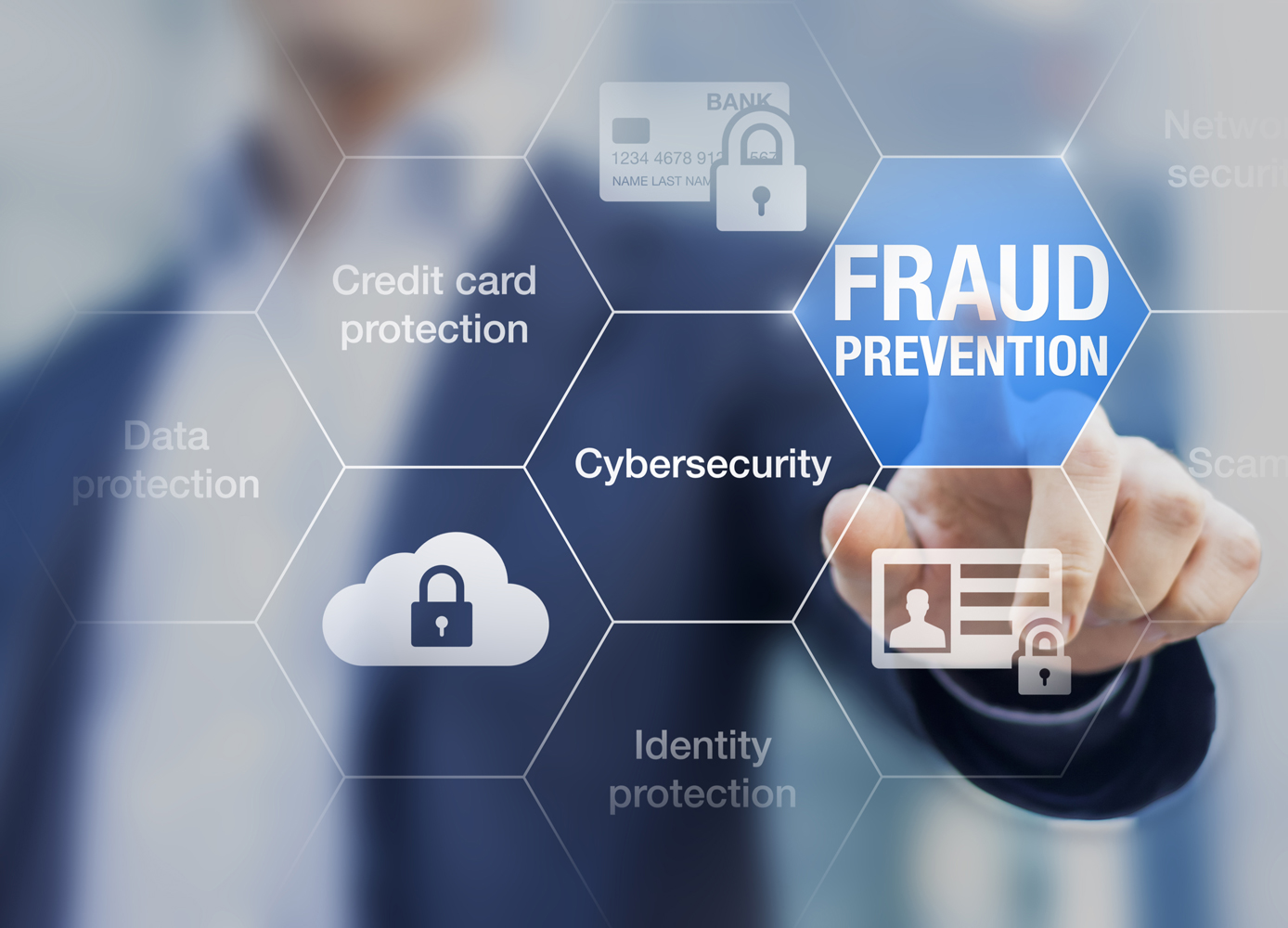The Senate of Canada is calling on the government to wake up on cyber security.
By Matt Smith
In October, Canada marked International Cyber Security Month—though you certainly wouldn’t be alone if you were unaware of the fact. A study recently released by the Standing Senate Committee on Banking, Trade, and Commerce paints a rather grim picture of our country’s knowledge of—and ability to deal with—cyber security.
In 2017, more than 10 million Canadians fell victim to cyber attacks that gave hackers access to personal data such as identity and banking information. While many of these attacks targeted individuals, even more troubling incidents involved corporations—a single data breach in such cases can affect millions of Canadian consumers at once.
Concerns about cyber crime should be higher today than ever, especially given the recent explosion of tech-enhanced home goods. As the so called “Internet of Things”—the increasingly connected web of smart home devices such as virtual assistants, programmable thermostats, and even power outlets—continues to grow around us, so do opportunities for hackers to access your personal information.
The Senate report found that the Government of Canada’s current cyber security measures are completely inadequate and called on the government to appoint a federal Minister of Cyber Security to oversee government strategy on preventing and addressing cyber crime. That strategy, the committee recommended, should include the development of a national cyber security literacy program, led by the recently created Canadian Centre for Cyber Security. (While this is a good first step, the Centre won’t be fully operational until 2020.)
There is currently no single national standard for the cyber security of businesses, leaving consumers at risk. One of the report’s key recommendations is that the federal government set such a standard, and that it take a stronger stance towards businesses that are careless with consumer information. This would mean giving more power to officials such as the Privacy Commissioner of Canada (whose office is tasked with protecting citizens’ private information) to impose fines on careless businesses and to provide tax breaks to those who take a strong stance on security.
Photo: iStock/artisteer.






